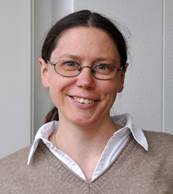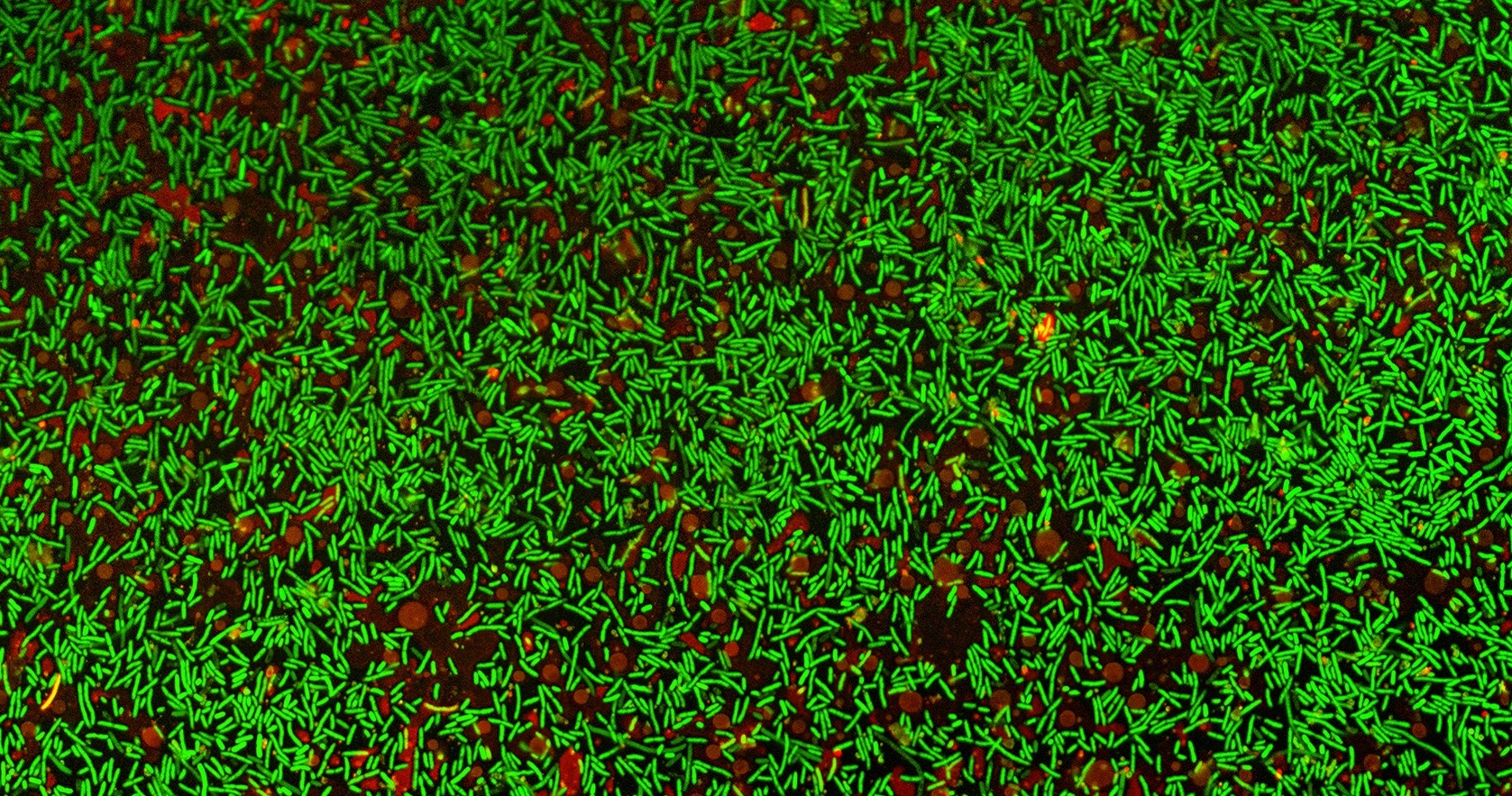Program Chairs and Organizers of BioBarriers 2021

Claus-Michael Lehr isProfessor at Saarland University, and also cofounder and head of the department Drug Delivery at the recently established Helmholtz Institute for Pharmaceutical Research Saarland (HIPS). Together with his long lasting colleague Ulrich Schäfer, he developed the BioBarriers conference series and acts as program chair since its beginning in 1997. He received numerous awards and memberships and serves as expert reviewer for research institutions, international corporations and journals. Since 2015, Claus-Michael Lehr is listed yearly by the journal The Medicine Maker as one of the hundred most influential experts of drug development.
 Gregor Fuhrmann is a Junior Professor at the Helmholtz-Institute for Pharmaceutical Research Saarland (HIPS) and Saarland University. He studied Pharmacy in Berlin and received his doctoral degree in 2013 from the Swiss Federal Institute of Technology ETH Zurich. For his thesis, he was awarded the ETH Silver Medal. He then joined the Department of Bioengineering at Imperial College London as a German Academic Exchange Service Postdoc and a Marie-Curie Intra-European Fellow. Since December 2016, he is heading his research group Biogenic Nanotherapeutics (BION) which is dedicated to biomimetic engineering for improved therapy and imaging of infectious diseases. In September 2020 he was selected for an ERC Starting Grant.
Gregor Fuhrmann is a Junior Professor at the Helmholtz-Institute for Pharmaceutical Research Saarland (HIPS) and Saarland University. He studied Pharmacy in Berlin and received his doctoral degree in 2013 from the Swiss Federal Institute of Technology ETH Zurich. For his thesis, he was awarded the ETH Silver Medal. He then joined the Department of Bioengineering at Imperial College London as a German Academic Exchange Service Postdoc and a Marie-Curie Intra-European Fellow. Since December 2016, he is heading his research group Biogenic Nanotherapeutics (BION) which is dedicated to biomimetic engineering for improved therapy and imaging of infectious diseases. In September 2020 he was selected for an ERC Starting Grant.

Brigitta Loretz is a senior scientist at the Helmholtz-Institute for Pharmaceutical Research Saarland (HIPS). She studied Microbiology and received her PhD in 2007 from the Department of Pharmaceutical Technology, at the University of Innsbruck. Then she joined Prof. Lehr’s group at the Saarland University as postdoc in June 2007. Her scientific interest is on carriers for intracellular delivery of biopharmaceutics, in particular, nucleotides, for the use in treatment/prevention of infectious diseases, and the development of new excipients, e.g. of new biodegradable polymers for this purpose. Her studies include delivery systems for anti-infectives, antigens or immune modulators as well as cell- or tissue-based models for the design/investigation of (nano)carrier-enabled delivery via non-invasive routes.
